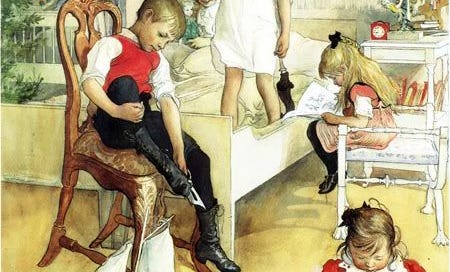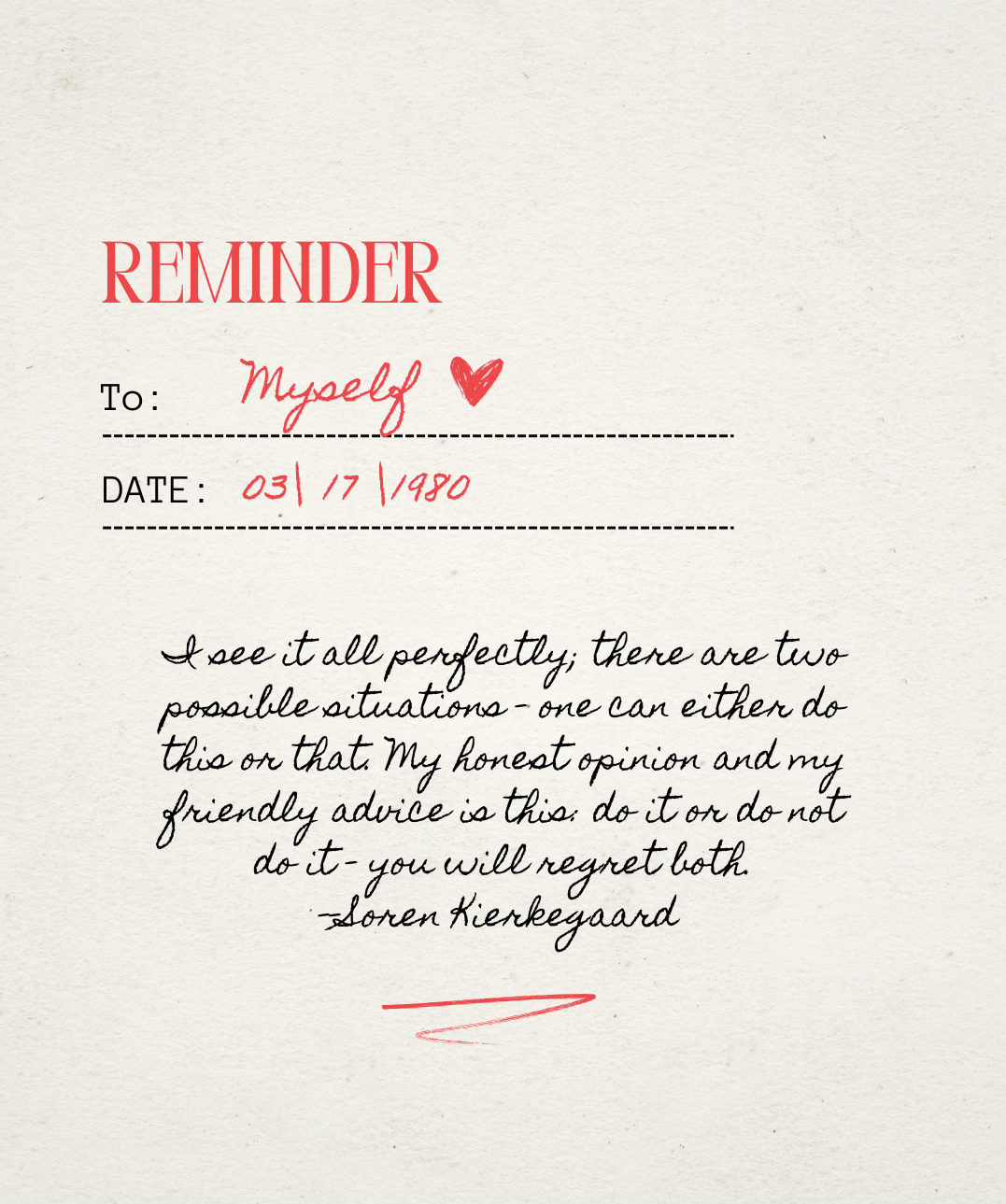When I was in school to become a mental health therapist, one of my favorite classes that I still frequently use in my work and my life was Human Development.
As a young and uneducated-about-parenting mom, I knew almost zilch on this topic. In those days, we had our influencers and echo chambers, and I was desperate for the “wisdom” of those who seemed to know How To Be A Good Mom, something I truly wanted to become. Even then, before algorithms seeped into every area of the world, when you ordered catalogs and sent away for information, your name would be put on the mysterious mailing list so that you suddenly found all sorts of “help” appearing in your mailbox, with glossy catalogs and tantalizing offers with the promise that you too can raise “godly” children (no money back guarantee).
With few real-life resources, this was my lifeline. As time went on and the internet became more ubiquitous, there were forums and groups (Yahoo!) to join and mommy blogs with comments sections with lots more suggestions of things to do and to buy to ensure a good parenting outcome.
Many of the resources that came my way swung the pendulum far away from Dr. Spock and his permissive, child-centered approach, to an idealistic model of Proverbs 22:6:
Train up a child in the way he should go: and when he is old, he will not depart from it. (King James Version, of course…I even did a cross-stitch of it!)
In this model, as I learned it, children must obey immediately and cheerfully.
They were expected, essentially, to behave like self-controlled, miniature adults.
What usually happens, however, is that children raised in this environment learn to survive by being consummate people-pleasers and avoiders. Sometimes they stew in deep longing for acceptance and cling to idealized hopes of a fairy-tale future, which, of course, is not real, and they are eventually disappointed.
Children are not created to behave like miniature adults. Their bodies, brains, and nervous systems are developing and not capable of thinking or acting this way.
I wish I had known this sooner.
The thing is, I didn’t know what I didn’t know. And if I did, my life would be different, and so would my children’s lives. There’s no guarantee any of us would be better now for choices then. You don’t escape this life without regrets. But hopefully we learn from them.
The good news about human development, as well as sanctification, is that it is a lifelong process. We can learn to do better. We can learn to be wiser. We can learn to say, “I was wrong” and “I’m sorry.”
In my counseling practice, I have not had a single client without regrets.
Balancing humility about your limitations and grace for your mistakes helps to avoid those pendulum swings of black and white thinking: No, you didn’t know better and Yes, you were wrong. I used to believe it was not theologically correct to “forgive yourself.” Now I think it’s a necessity, or at least to truly accept God’s forgiveness which covers even the sins of the younger versions of yourself.
Someday, where I am now will be a younger version of myself. That’s something to think about!
Linkage:
Validation for my book-themed decorating scheme
Part of our brave new world with a biblical veneer
New-to-me deep thinker about our relationship to technology in our everyday, ordinary lives
The A.I. Dilemma. I’m more than a bit concerned about the mind control of the algorithms and the impact this ubiquitous technology will have on our world. This quote from Peco brought me up short: “When actual humans try to charm us into believing their deceptions, we call them sociopaths. Oddly, when machines do it, we call it amazing and groundbreaking.”
The Witch Trials of John Mark Comer: I’ve benefited from books and videos of John Mark calling people back to foundational spirituality, a relationship with God that is more than theological knowledge, but that reminds us that both grace and truth, lived in our embodied selves, matter as we follow the way of Jesus.
A perfect book to read during Lent, and a companion to my thoughts about regret and change, by Niall Williams, This Is Happiness.





